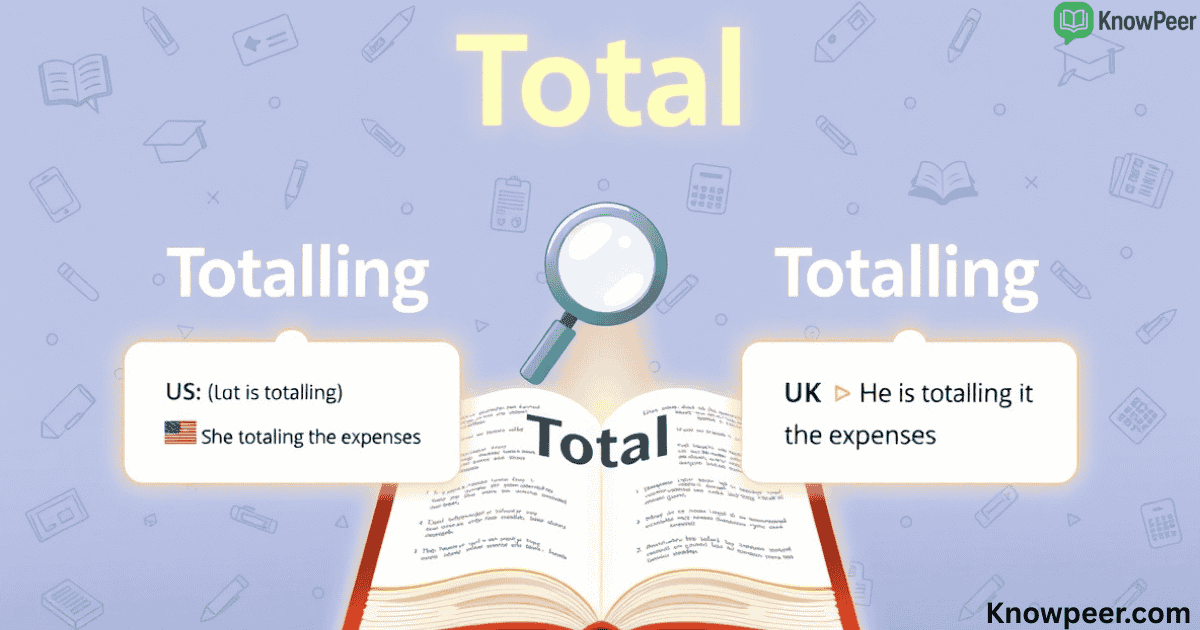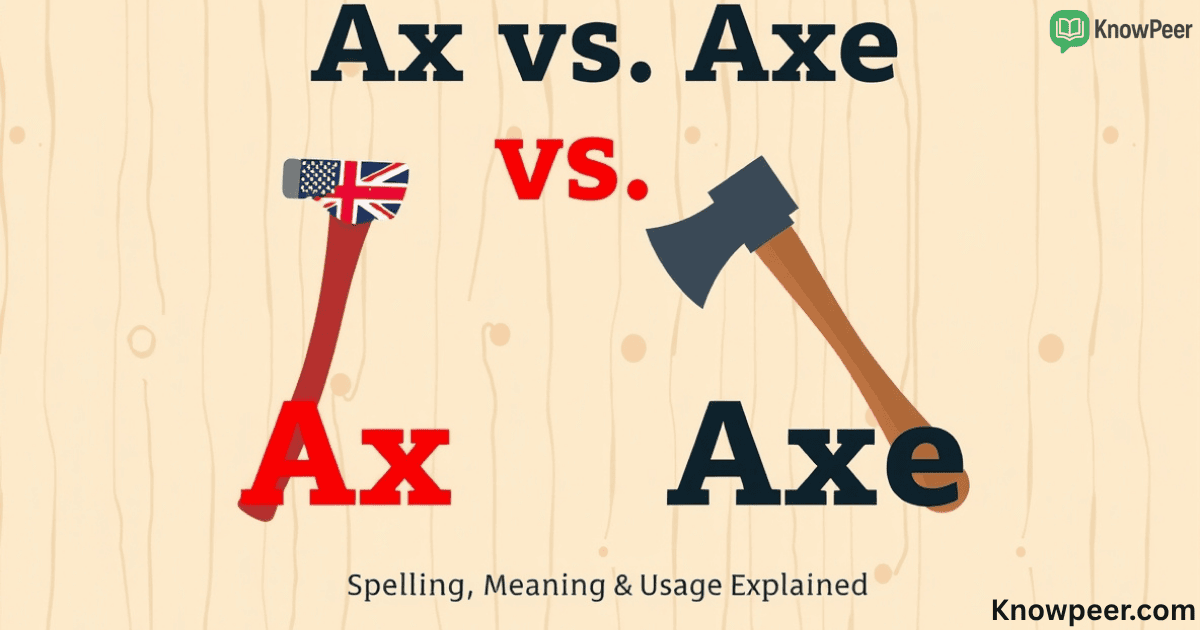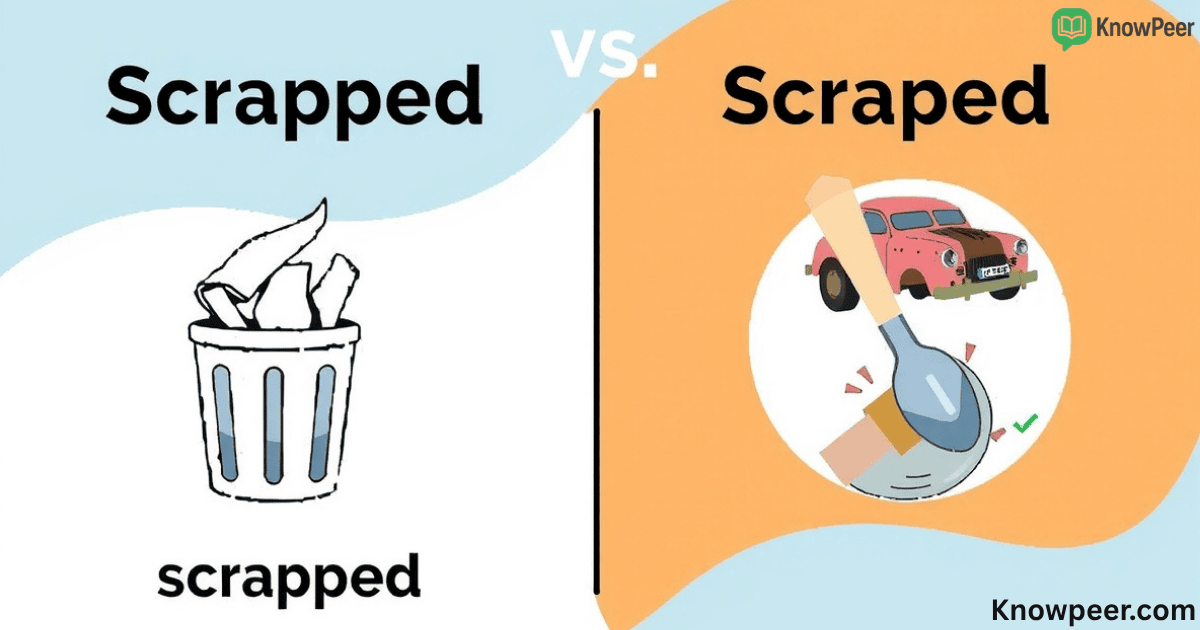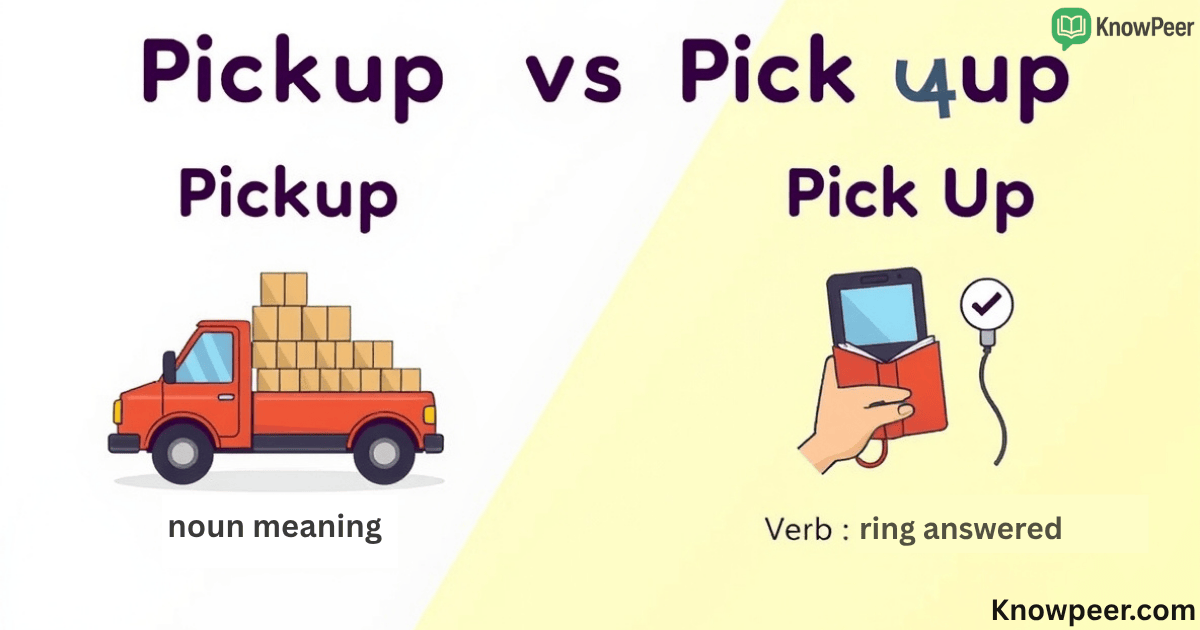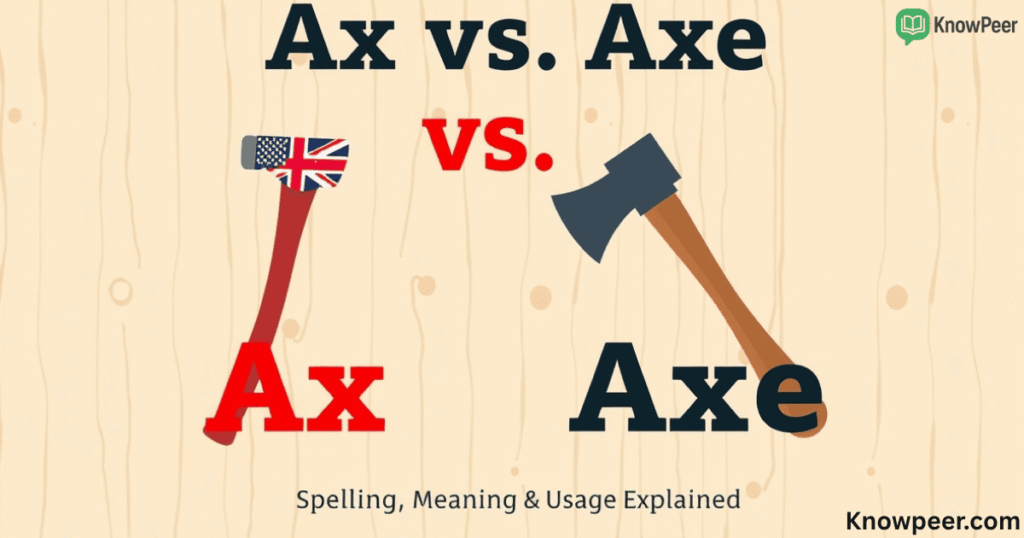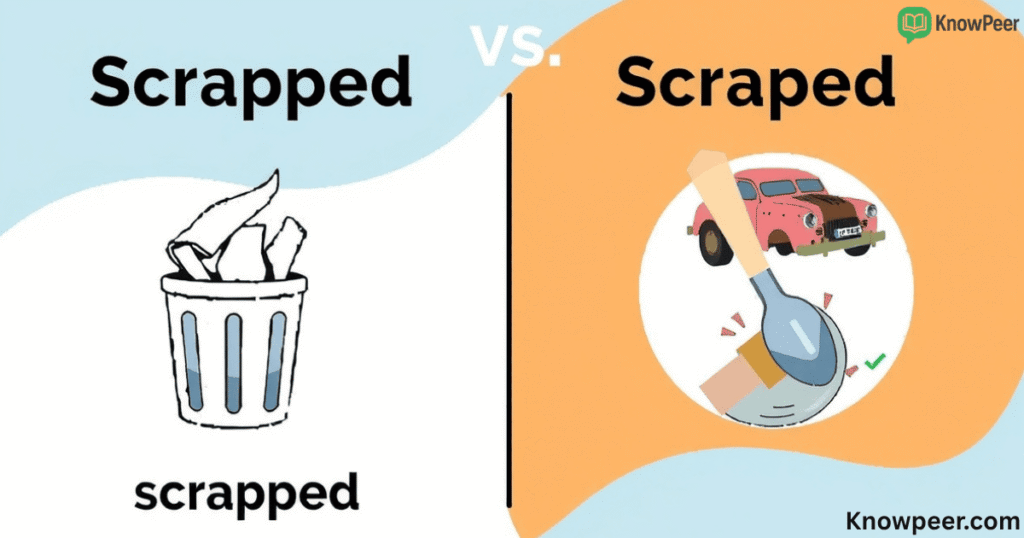Language often confuses writers, and one common example is the choice between Totaling vs. Totalling . Both words look correct, and both mean the same thing, yet their spelling sparks doubt in emails, reports, and even official documents. This confusion is rooted in history, regional spelling habits, and the natural evolution of English. Understanding the difference not only clears up your writing but also shows respect for the audience you are addressing.
The truth is simple but important: totaling is the preferred spelling in American English, while totalling is favored in British English. The difference may seem small, but in professional or academic contexts, small details shape credibility. By exploring their meaning, history, usage, and future trends, we can see why this spelling divide matters more than most people realize.
What Do “Totaling” and “Totalling” Mean?
Both totaling and totalling come from the root word total, which means the whole sum or amount. When used as a verb, it shows the action of adding numbers or bringing parts together to form a final figure. For instance, when a person says, “I’m totaling the expenses,” the meaning is the same whether written as totalling or totaling. The spelling does not change the definition.
In English, words often shift forms depending on their role in a sentence. Total can serve as a noun when referring to a final amount, as an adjective when describing something complete, and as a verb when showing the action of adding up. Both totaling and totalling are simply the continuous tense of this verb, which means the act of calculating or summing in progress.
Totaling vs. Totalling — The Spelling Divide
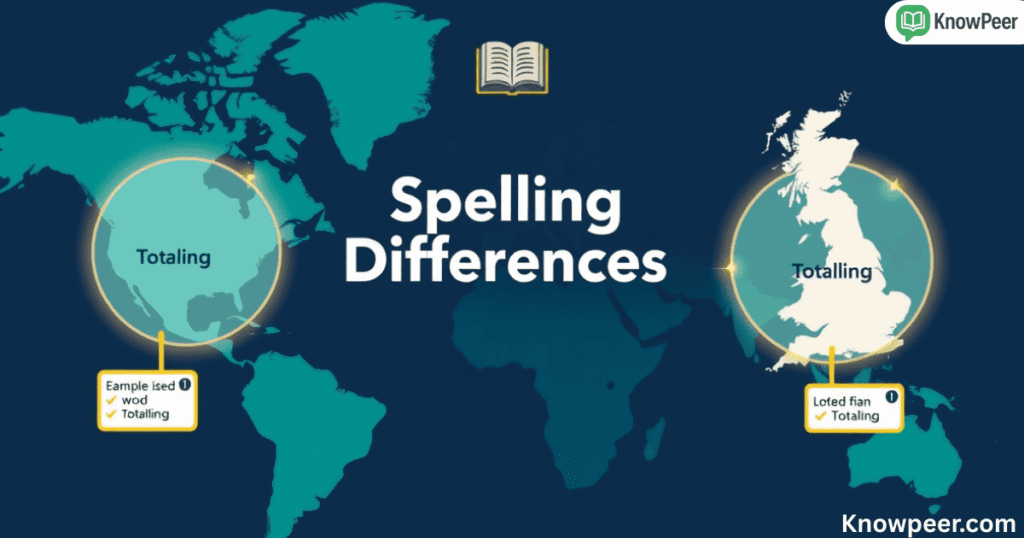
The real difference lies in geography. Totaling is standard in the United States, while totalling is used across the United Kingdom, Canada, Australia, and other Commonwealth countries. This pattern follows a broader rule in English spelling: British English tends to double the consonant before adding -ing when the stress falls on the last syllable.
For example, British English prefers travelling, cancelled, and modelling, while American English uses traveling, canceled, and modeling. The same rule applies to totaling vs. totalling. Here’s a simple table that shows the contrast:
| Region | Preferred Spelling | Example Sentence |
| United States | Totaling | “The damages are totaling over a million dollars.” |
| United Kingdom | Totalling | “The company is totalling the figures for the report.” |
This table makes it clear that neither is wrong. The difference depends entirely on where your audience is.
Why the Spelling Confusion Exists
The confusion between totaling and totalling did not appear overnight. It grew from a historical divide in how English developed across the Atlantic. In the early 1800s, American lexicographer Noah Webster began pushing for spelling reforms that made English easier, shorter, and more logical. He believed English in America should move away from old British traditions. His dictionary introduced simplified spellings such as color instead of colour, center instead of centre, and of course totaling instead of totalling. This reform was not just about spelling rules but also about shaping an American identity through language. Over time, his versions became the standard across the United States.
Meanwhile, British English preserved older forms of spelling, which followed the rule of doubling consonants when adding -ing to words ending in a stressed syllable. This explains why British writers prefer totalling, just as they use travelling, modelling, or cancelling. As English spread through the Commonwealth and international institutions, these forms stayed dominant outside America. The rise of global communication, however, has blurred the lines. Today, it is common to see both versions online, sometimes even within the same publication. Dictionaries and style guides still split, with Merriam-Webster siding with totaling and the Oxford English Dictionary siding with totalling, which keeps the debate alive.
Real-World Usage Examples
When we look at newspapers, academic journals, and business reports, the spelling choice becomes very clear. British media like The Guardian or BBC News use totalling, while American outlets such as The New York Times or The Wall Street Journal use totalling. Both forms coexist online, but each is more common in its native region.
Consider a case study in international business. A UK accounting firm preparing reports for American clients found that spelling was critical. They discovered that American partners responded more favorably when they saw totaling instead of totalling, as it aligned with their standard. This shows how something as small as a double consonant can shape trust and perception in cross-border communication.
Synonyms and Alternatives for Totaling/Totalling
Writers who want to avoid the debate between totaling and totalling often turn to synonyms. Using alternative words not only clears away regional confusion but also brings freshness and variety to the text. Common choices include adding, summing, calculating, amounting, counting up, and tallying. Each of these words carries the same sense of bringing numbers or parts together, but they may sound more natural in certain contexts. For example, “The expenses are adding up quickly” feels just as clear as “The expenses are totalling quickly,” and it avoids spelling issues altogether.
Choosing the right synonym depends on tone and setting. In formal writing, calculating or summing may work best, while in casual speech or storytelling, phrases like counting up or adding up feel more natural. Academic and professional contexts often value clarity, so replacing totalling with amounting to can keep sentences sharp and easy to read. Here’s a quick table that shows useful alternatives:
| Synonym/Alternative | Example Sentence |
| Adding up | “The bills are adding up fast this month.” |
| Summing | “She is summing the test scores.” |
| Calculating | “They are calculating the final result.” |
| Amounting | “The losses are amounting to thousands.” |
| Tallying | “He is tallying the votes from the election.” |
Grammar Rules and Exceptions
In British English, consonants are doubled when the word ends with a stressed syllable before adding -ing. This is why totalling, travelling, and counselling appear with double consonants. The doubling rule ensures the original vowel sound remains short and clear.
American English, however, simplifies spelling by avoiding unnecessary doubles unless required. That is why totaling, traveling, and counseling are common in the United States. Of course, there are exceptions. Words like beginning and running always require a double consonant regardless of region, because leaving them single would confuse pronunciation.
Practical Guide to Choosing the Right Form

If you are writing for an American audience, stick with totaling. If you are writing for the UK or Commonwealth countries, use totalling. The safest choice in international contexts is to remain consistent throughout your work and follow the style guide your organization or publisher prefers.
Here’s a quick reference to make things easier:
| Audience/Region | Recommended Form |
| American readers | Totaling |
| British/Commonwealth | Totalling |
| Mixed international | Stay consistent |
Consistency matters more than the choice itself. Switching between the two spellings in one piece looks careless and can confuse readers.
The Future of Totaling vs. Totalling
The future of totaling vs. totalling is closely tied to technology and globalization. Digital platforms, autocorrect systems, and artificial intelligence tools often default to American English, which makes totaling more common across websites, apps, and online communication. Search engines also favor American spelling because much of the internet’s content is written in U.S. English. This slow but steady dominance means that younger generations, especially those who rely on digital tools, are becoming more familiar with totaling than totalling.
Still, British English continues to hold a strong place in education, publishing, and international organizations. Many Commonwealth countries follow totalling, and respected style guides like the Oxford English Dictionary maintain this spelling. The most realistic future is not one spelling replacing the other but both forms coexisting, each tied to its region. What matters most for writers is consistency. If you are creating content for a global audience, staying consistent with one spelling throughout an article or report ensures clarity and professionalism, no matter which side of the Atlantic your readers come from.
Conclusion
The debate between totaling and totalling highlights more than just a spelling quirk. It shows how English evolves differently across regions while keeping meaning intact. Both forms are correct, and both communicate the same idea of adding up or summing numbers. The key is knowing your audience, choosing the right form for their expectations, and staying consistent in your writing.
Whether you use totaling in an American contract or totalling in a British essay, your message remains clear. Spelling differences are not mistakes but reflections of history, culture, and language in motion.

